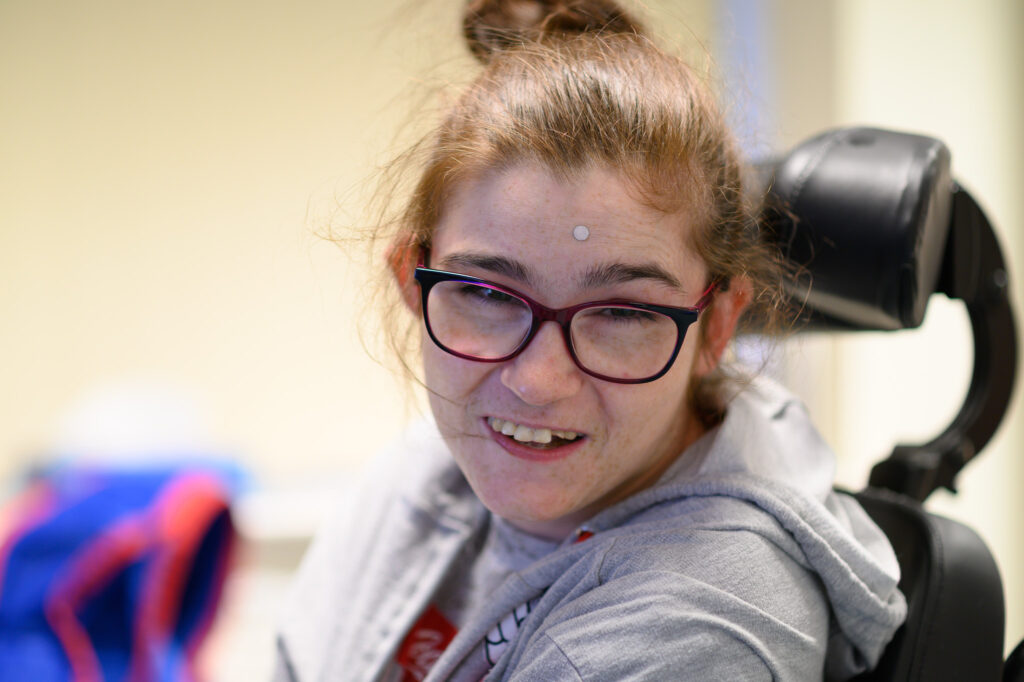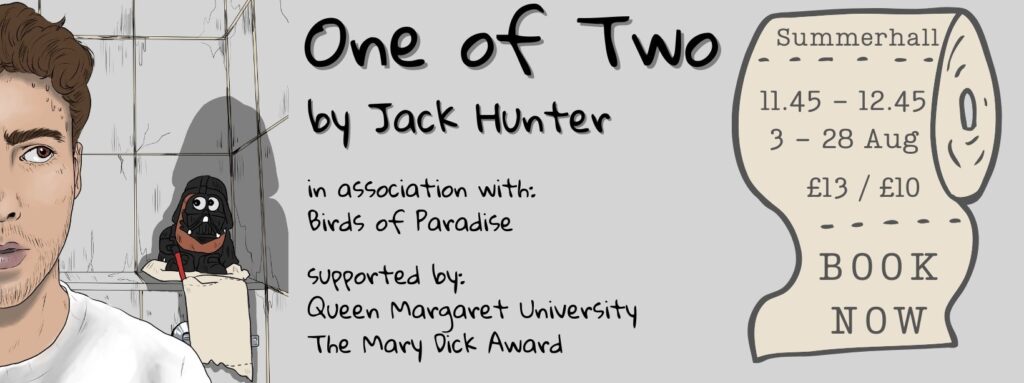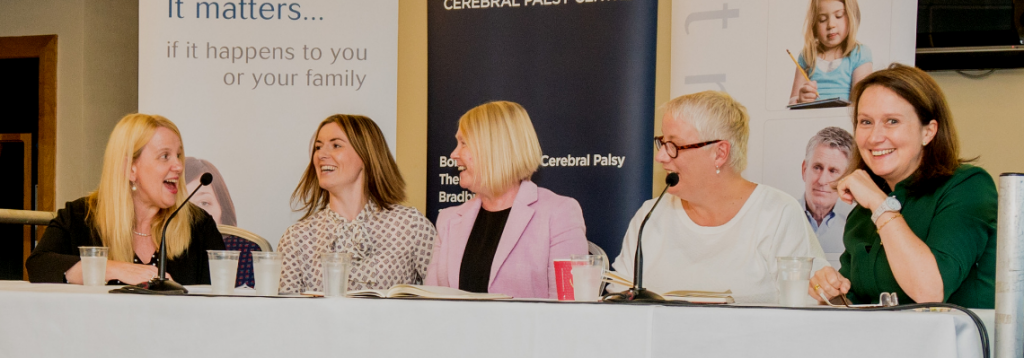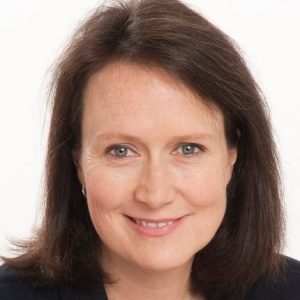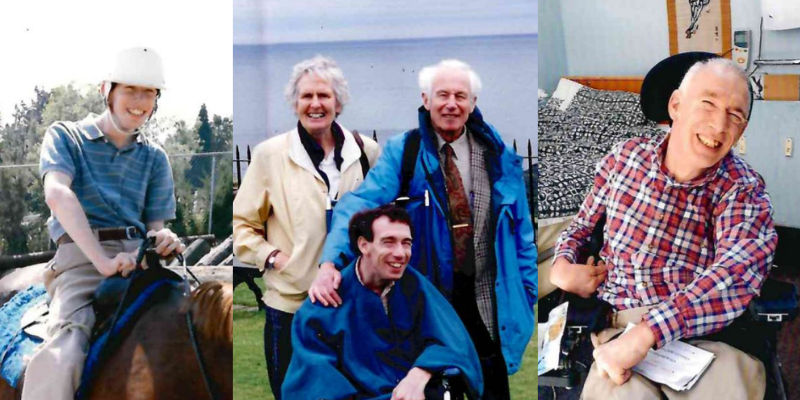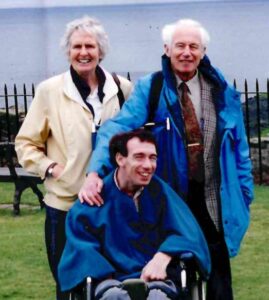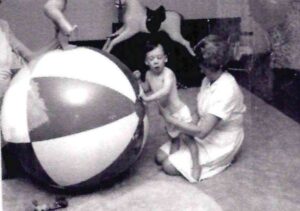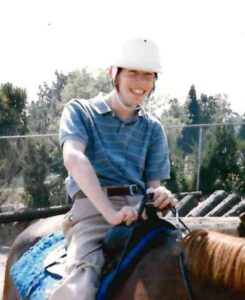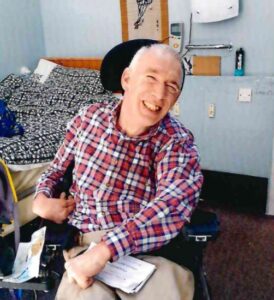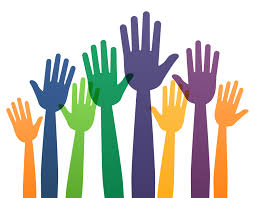During the past few months, we have been busy keeping the needs of people with cerebral palsy at the forefront of the minds of statutory service providers and policy makers.
Our CEO, Stephanie Fraser, Chairs the Scottish Government’s National Advisory Committee for Neurological Conditions (NACNC). The committee is focused on ensuring Scottish Government implement the Framework for Action for Neurological Conditions which covers from 2020 – 2025. Cerebral Palsy Scotland has had some funding from this work to look at service provision for adults with CP through our CP Connect programme and this coming year we look forward to working with specific local areas (Health and Social Care Partnerships in Midlothian and in Clackmannanshire and Stirling) to develop this work further in a local setting. Scottish Government published a mid-term progress report on the implementation of the Framework in July: neurological-care-support-framework-action-2020-2025-midpoint-progress-report.pdf (www.gov.scot)
Cerebral Palsy Scotland are also members of the Cross Party Group for Disability in the Scottish Parliament: https://www.parliament.scot/get-involved/cross-party-groups/current-and-previous-cross-party-groups/2021/disability. At their latest meeting, MND Scotland presented the findings of their report on the housing needs for people with MND, some of which is also extremely relevant for people with CP. You can read their report here: https://aaf1a18515da0e792f78-c27fdabe952dfc357fe25ebf5c8897ee.ssl.cf5.rackcdn.com/2256/MND-Scotland-No-Time-To-Lose-Housing-Report.pdf?v=1646301622000
The All Party Parliamentary Group (APPG) is forum for everyone across the UK to come together at Westminster. The group’s purpose is to enable policy makers to better understand the challenges faced by individuals of all ages with cerebral palsy and their families. Importantly, it has been constituted to take a life-long approach. The group has already published three reports, the first on early years, the second on best practice in education, health and care, teaching and learning for children with CP schooling and most recently a report on removing barriers for adults. The group is currently calling for evidence with regard to transitioning from children’s to adult services and will meet again in September to discuss this. To read these reports, you can find them here: https://connectpa.co.uk/appg-cerebral-palsy/
We were delighted to be involved in the Royal Society of Medicine’s conference on 7th July Medicine and Me: Time for a new approach to adults with cerebral palsy with UP – The Adult Cerebral Palsy Movement. Speakers included contributions from Cerebral Palsy Scotland trustee, Dr Kirsty Colquhoun and CEO, Stephanie Fraser. A copy of the event recording can be accessed here: https://vimeo.com/732291911/4db25bfc7d
As members of the Neurological Alliance of Scotland, Cerebral Palsy Scotland welcomed last month the publication of the first patient survey undertaken by the Neurological Alliances from across the UK. The report (which can be read here: https://www.scottishneurological.org.uk/news-resources/) highlighted that 1 in 6 people across the UK are living with a neurological conditions and that at least half were continuing to experience delays to accessing appointments and services. The publication of the survey coincided with Carers’ Week and a debate in the House of Lords on neurological conditions to which our CEO, Stephanie Fraser contributed: https://hansard.parliament.uk/Lords/2022-06-09/debates/B6CB63B1-B491-4A14-B4EF-E6D382CEF6E8/NeurologicalConditions. We look forward to building on this growing evidence to ensure improved data collection so that people with cerebral palsy become more visible to service providers.
